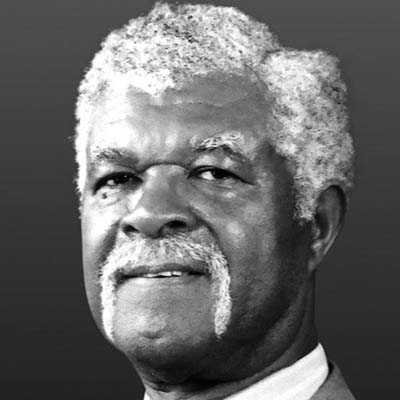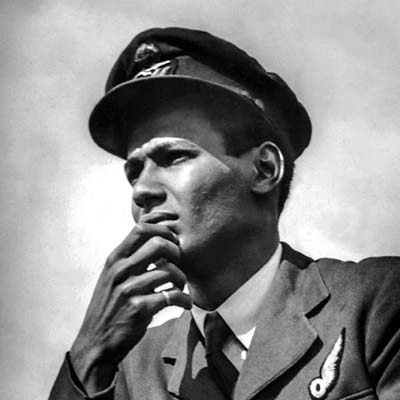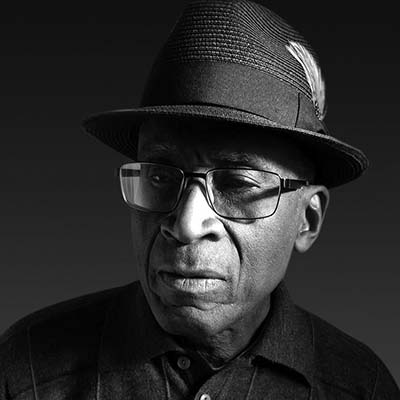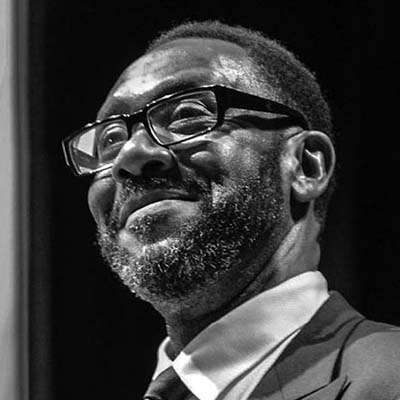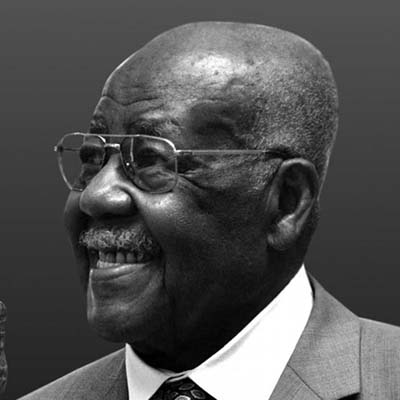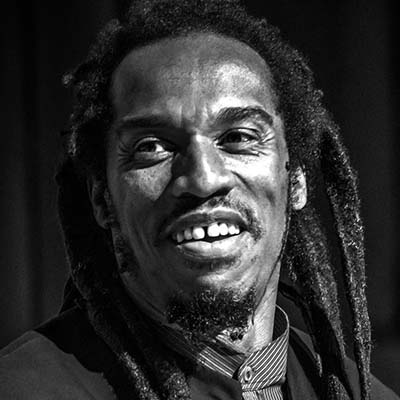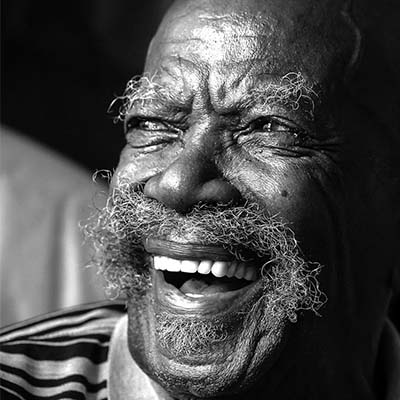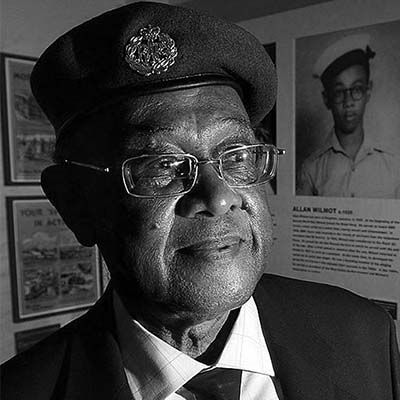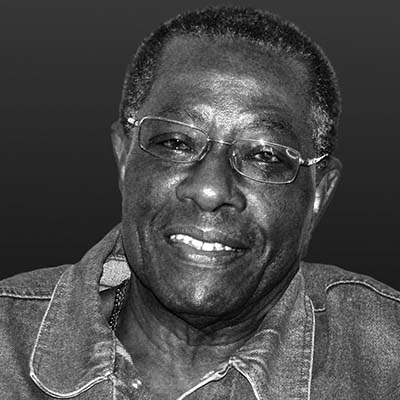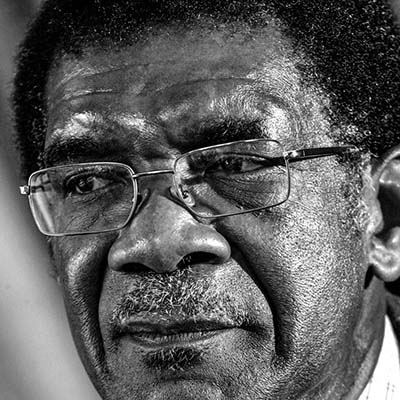JOCELYN BARROW

Regarded as an elder stateswoman of the black community, Dame Jocelyn Barrow has dedicated her life to fighting for racial equality in UK
Share this:
The eldest of 14 children, Dame Jocelyn Barrow was born in 1929 in Trinidad and became active in the People’s National Movement while still in her teens. After working as a teacher, she moved to the UK in 1959 to study at the Institute of Education, University of London.
During her studies she initiated a project called Each One Teach One, which helped children of Caribbean heritage to do their homework more effectively and advised parents on how to navigate the English education system.
She was also involved in the Caribbean Communication Project which helped adults improve their literacy skills. Dame Jocelyn was a founding member and later general secretary of the Campaign against Racial Discrimination, usually known as CARD.
A meeting with Martin Luther King during his visit to London in 1964 helped formulate CARD’s main campaign objective – the outlawing of the colour bar. The Race Relations Act of 1965 was a significant step forward but it had no real teeth as the two biggest areas of discrimination, employment and housing, were outside of its remit. CARD lobbied for more robust legislation and this led to the Race Relations Act of 1968 entering the statute book.
During its passage through parliament, Dame Jocelyn recalls being asked to join a discussion group about the Act on a BBC magazine programme, Enoch Powell, one of the panelists, refused to be interviewed in the same studio as her. The MP had just made his infamous ‘rivers of blood’ speech and his attitude “clearly showed him to be a racist, coward and he knew that he would lose any argument on why he was wrong regarding the Bill and his speech”, she said.
Dame Jocelyn went on to be appointed to a number of key roles, becoming the first black person to serve as a governor of the BBC. She was also founder and deputy chair of the Broadcasting Standards Council, a governor of the Commonwealth Institute and the British Film Institute and contributed to the establishment of the International Slavery Museum in Liverpool.
For her outstanding service to education and community relations she was awarded an OBE by The Queen in 1972. In 1992, she received the OBE, Dame Commander of the Order of the British Empire.
Check out more of our Pioneers and Champions
Privacy Policy | Registered charity number: 1159291 | Copyright © 2024 Windrush 70 | Design: ATOMIC CONCEPTS

